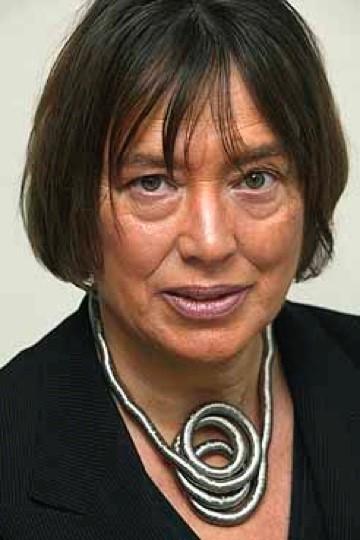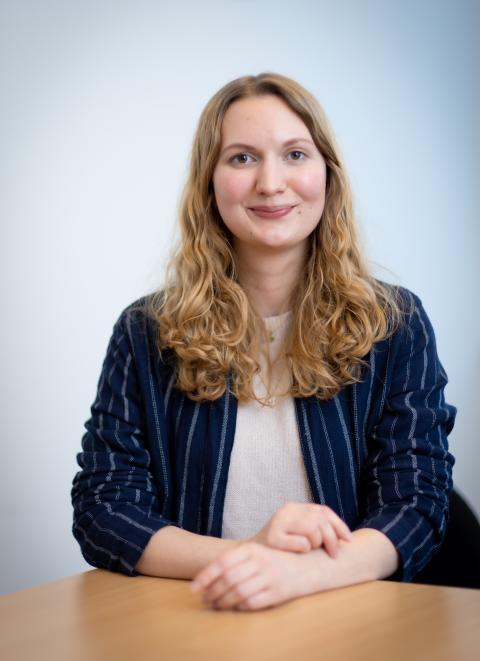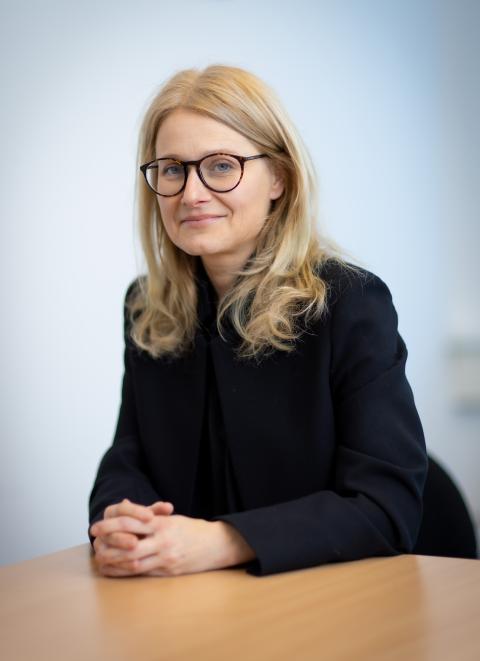Three generations of women scientists: our numbers are still too low
Three generations of women scientists: our numbers are still too low
February 11 marks the International Day of Women and Girls in Science. Female professors make up around 28 percent of Dutch scientists, a far too modest number that is even on the decline. Of associate professors, 32 percent are women. Among assistant professors, the percentage is higher: 45 percent. For years, our country has languished at the bottom of the list of female European scientists. Why is it that there are still so relatively few women in science? And what needs to be done to remedy the situation? Three female scientists from three generations at Tilburg University give their view.
'Discrimination against women scientists was common in my time, and today at least, thankfully, the problem is recognized.' Professor emeritus Carla Millar (81) of International Marketing & Management at the University of Twente is an alumna of Tilburg University. She was a member of the National Network of Women Professors. 'I worked in the corporate sector, had not yet obtained my PhD, and when I became pregnant, I was forced to resign. I then went into consulting. So I faced the challenge of balancing my work, my PhD research, teaching, my family, and the household. I was always the first woman everywhere; my colleagues and superiors were always men. Some of them worked against me, but I owe my PhD to men. There were no female role models then. So I just had to make sure I was more creative, came up with new things, produced better work. My father taught me at a young age to be responsible and to want to be make a difference.’

Math and engineering
Student Ethel Pruss, who is currently studying Cognitive Science and Artificial Intelligence, is also driven by her aspiration to make a meaningful contribution to society – in her case by making something entirely new: ‘I made a conscious decision not to go into programming, which I find uninteresting; I want to invent, and I want to spread knowledge, not accumulate money.

Hopefully I can get a PhD and become a professor, because I set my goals high. It would be amazing if one day my work and Artificial Intelligence enabled people with, for instance, muscle disease, to regain their powers of communication through the combined application of brain-computer interfaces and robotics: using devices that can decipher a user's intention from brain activity and translate that activity into a command a robot can understand and execute.
As for women in science, I still see more women at the lower levels of the university and more men at the top. Surely, that's a bump right there in my career path. Another thing that hindered me in my studies was math. So many subjects require math. I hated it, thought I couldn't do it because I was better at languages. I doubted myself and my skills very much and it took me a long time to find my way. And also it is still difficult to combine research with raising children. Everything has to fit.’
Existential concerns
Dr. Marie Postma is head of the Department of Cognitive Science & Artificial Intelligence. She holds a degree in logic and a PhD from the Institute for Logic, Language & Computation at the University of Amsterdam. 'I come from an academic family: my father was a professor, my mother a researcher and an assistant professor with a PhD, unusual accomplishments for a woman at the time. Yet for a very long time she did not have a career of her own: she typed out my father's books at the kitchen table at night, which he dictated to her. He had his own study, she had the kitchen. He was the eminent researcher, she was the assistant. The role of women in my culture (Postma was born in former Czechoslovakia) was to be of service to others.
Her daughter was born in the third year of her doctoral research. 'Because my partner went to work at a university in the US, I was on my own as a parent. There were times when I didn't believe I would ever complete my doctoral research. My existential concerns were basic and made a PhD degree seem like an unnecessary luxury to me.'
For many years now, the percentage of female scientists in the Netherlands has been the lowest in Europe. At the top are Eastern European countries, as well as Finland. Millar: 'It is really hard to believe that in our country, where more women than men obtain academic degrees, the proportions then turn out to be so unequal. Universities are aware that there is a disproportionate dearth of female professors: the discrimination and barriers that endure to this day cannot be rationally explained. In fact, it could be argued that women have never had it so good, with maternity leave, parental leave, and university executive boards being well informed. And yet things are not going well.’

Rolemodels
All three see solutions to help close the gender gap for women in the higher echelons of academia. Pruss: 'In some countries, schools encourage women to focus on engineering, convincing them that they can do it. It is also important to see that you are no longer the only woman in science programs in engineering subjects. We really need to put an end to these gender stereotypes. On the other hand, I think setting gender quotas is not a sensible approach. That gives women the idea that they didn’t get there because of their scientific knowledge. In general, a supportive environment is very important.’
Postma agrees, saying that it was one of her colleagues who encouraged her to complete her doctorate. "You are going to finish your PhD thesis, aren't you?" he asked, and she eventually succeeded within two years of the birth of her daughter. 'Fortunately, there are now better facilities for female researchers who return to work after maternity leave.
I also see changes in management: there is more focus on a good atmosphere and help to develop each other's talents. It is important that young researchers - women as well as men - not only hear but really experience that it is possible to combine an academic job with family responsibilities and that working part-time does not damage their careers.’
Millar also sees the importance of increasing the visibility of women. 'Universities and the government must work to create a safe working environment. And that those competent women are given the most responsible positions they can handle (but not above their power, that's a recipe for failure), then indeed they become role models for others.'
